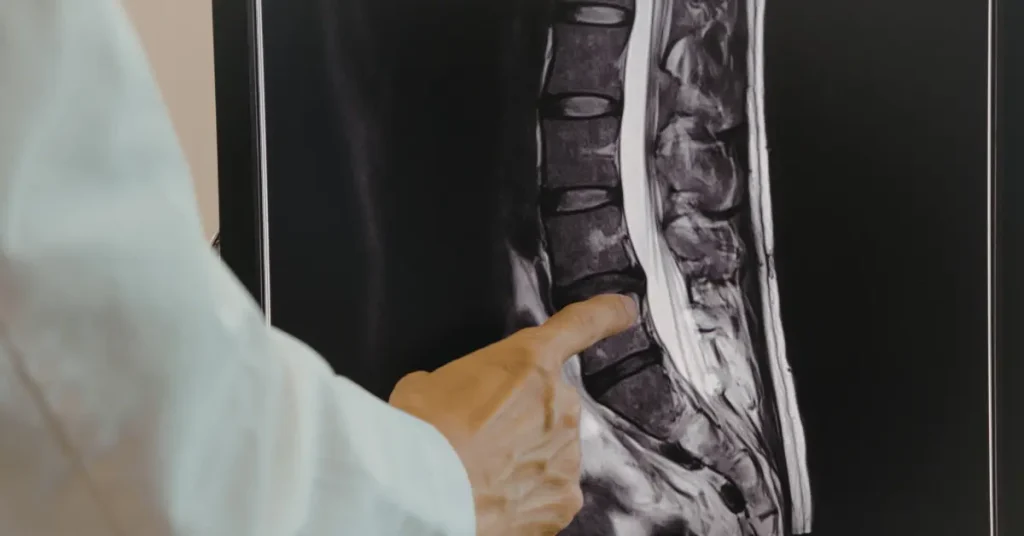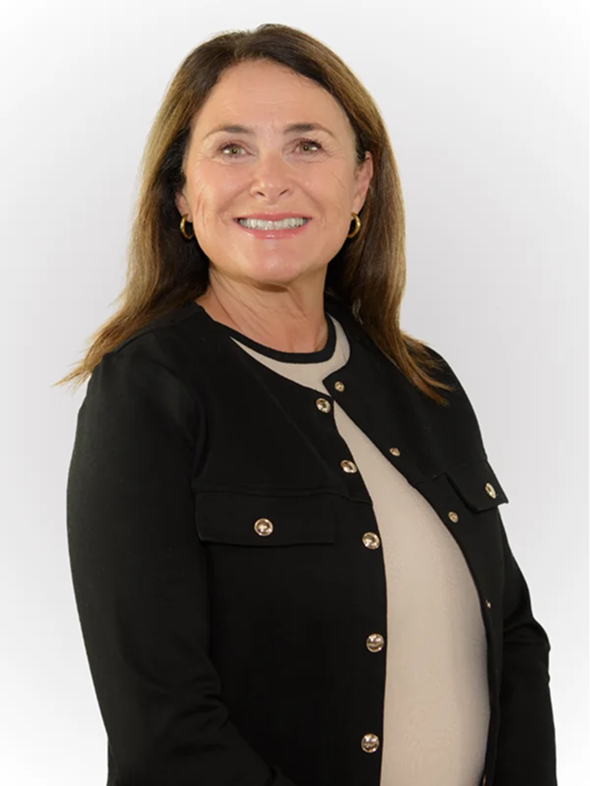Meta faces High Court allegations over content moderation control
Meta, previously known as Facebook, has been accused of completely controlling several organisations that regulate content for the social media giant.
These allegations were advanced last week during a High Court hearing about three leading cases brought against Meta and several third-party firms providing content moderation services.
The plaintiffs in these matters were former employees of these third-party firms used by Meta to monitor what was being uploaded to the platform.
The claimants argue that they were psychologically harmed as a result of the horrendous material they viewed in their role as moderators.
Some of the content of this material was detailed during the trial and included highly violent footage, to the extent that moderators had watched children be killed.
These three matters are only a selection of several High Court claims initiated since 2022 against the companies allegedly responsible for the harm, including CCC Barcelona Digital, CCC Essen Digital, and Meta.
These proceedings have raised several novel questions for the Irish Legal system involving intertwining legal jurisdictions.
For example, although Meta may be headquartered in Ireland, Dutch material is being examined by a moderator in Spain. Thus, all parties should untangle these complex new jurisdictional webs in their favour.
Before Justice Conlen Bradley was in the High Court, the claimants sought discovery of several documents, whilst CCC Essen and CCC Barcelona asked the Court for leave to challenge the plaintiffs jurisdiction to bring the claims.
Contracts between the content moderation companies and Meta are amongst the documents requested by the former moderators.
The Respondent companies assert that the ex-employees employment contracts were based abroad, so the claims should not be heard in Ireland.
They argue that there are no links between the firms other than that their employees happened to be reviewing Meta’s content.
The claimants were represented by John Gordon SC, assisted by barrister Ben Clarke, under the instruction of Coleman Legal LLP.
Mr Gordon argued that Meta had total control over the third-party firms they had contracted and, thus, the moderators employed by those firms. Despite this, Meta was not represented in the proceedings.
Mr Gordon mentioned that Meta had thoroughly trained the moderators and analysed productivity levels as evidence of the companys involvement with their employment.
He additionally pointed to occasions where senior members of Meta staff, regularly employed in Dublin, had visited the overseas offices of the defendant firms to brief employees on Metas content policies.
Meta also holds data on each moderator, including their ID pictures and the details of their management team within the third-party firm.
The claimant asserts that the moderation firms were just a vehicle through which Meta carried out a function which must be provided in strict accordance with the requirements of [the] multinational.
Pushing against this argument, Eoin McCulligh SC, as instructed by Arthur Cox, asked Justice Bradley to differentiate the allegations against the CCC companies from those relating to Meta, insisting that they were quite separate.
He resisted disclosing several documents the claimants had requested because they were not required to illustrate a point regarding liability.
He asserted they were merely to illustrate a strong link between the allegations against Meta and the third parties so that the proceedings could be heard simultaneously.
As heard by the Irish High Court, these particular claims are only a sample of the numerous legal proceedings being launched across the globe against Meta and the moderation companies it has contracted.
For example, a court in Kenya recently rejected Meta’s appeal following their ruling that the Court had jurisdiction to adjudicate in a matter regarding moderators being fired.





